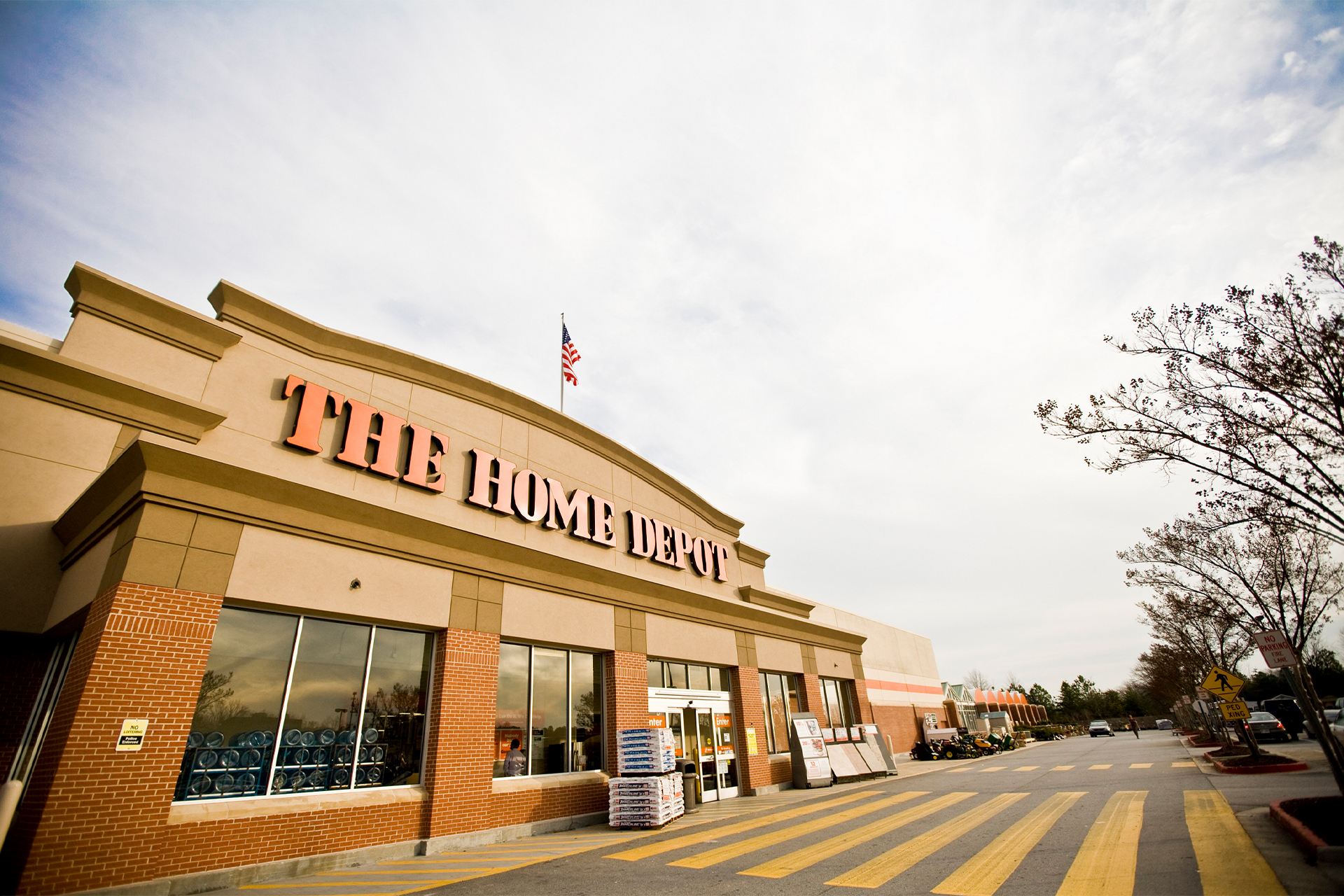For the second quarter, Home Depot faced softer demand based on economic conditions and anticipation of interest rate cuts but still managed to beat Wall Street estimates.
Net earnings were $4.56 billion, or $4.60 per diluted share, versus $4.66 billion, or $4.65 per diluted share, in the year-prior quarter. Adjusted for one-time events, earnings per diluted share were $4.67 versus $4.68 in the period a year earlier, the company stated.
An analyst consensus estimate published by Yahoo Finance called for adjusted diluted sales of $4.49 and revenues of $43.06 billion.
Comparable sales in the quarter slipped 3.3% overall and 3.6% in the United States year over year, with transactions down 1.8% and average ticket down 1.3%, Home Depot reported. Net sales were $43.18 billion versus $42.92 billion in the year-previous period.
Operating income was $6.53 billion compared to $6.59 billion in the quarter a year before, and adjusted operating income was $6.62 billion compared to $6.63 billion.
Total sales include $1.3 billion from SRS Distribution, which was recently acquired by Home Depot, representing about six weeks of sales contribution in the quarter.
In a conference call, Ted Decker, Home Depot chair, president and CEO, said soft consumer demand during the quarter could be tied back to macroeconomic conditions, including high interest rates, that made shippers cautious about spending. In the key spring selling season, the softer demand and some extreme weather hurt sales.
Decker added that consumers remain “engaged” with Home Depot, but they are pursuing smaller projects, “deferring” big projects such as kitchen and bathroom remodels in anticipation of interest rate reductions.
In the call, Billy Bastek, Home Depot executive vice president of merchandising, said appliances was one of the stronger categories in the quarter. At the same time, sales of products over $1,000 were down, and demand for bigger projects such as kitchen and bath remodels that often rely on financing declined.
“The underlying long-term fundamentals supporting home improvement demand are strong,” Decker said in announcing the financial results. “During the quarter, higher interest rates and greater macro-economic uncertainty pressured consumer demand more broadly, resulting in weaker spend across home improvement projects. However, the team continued to navigate this unique environment while executing at a high level.”





